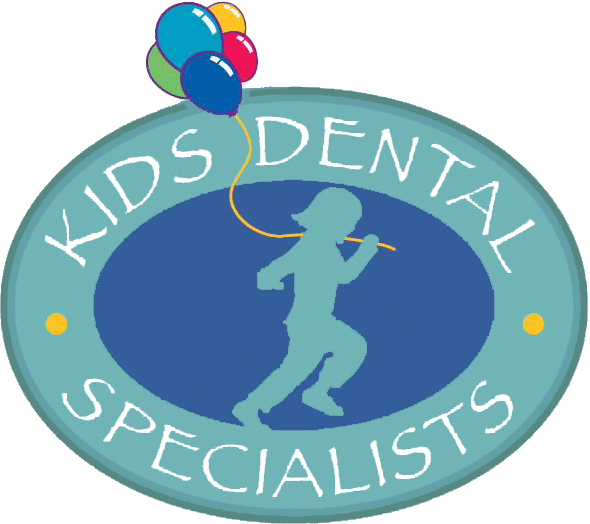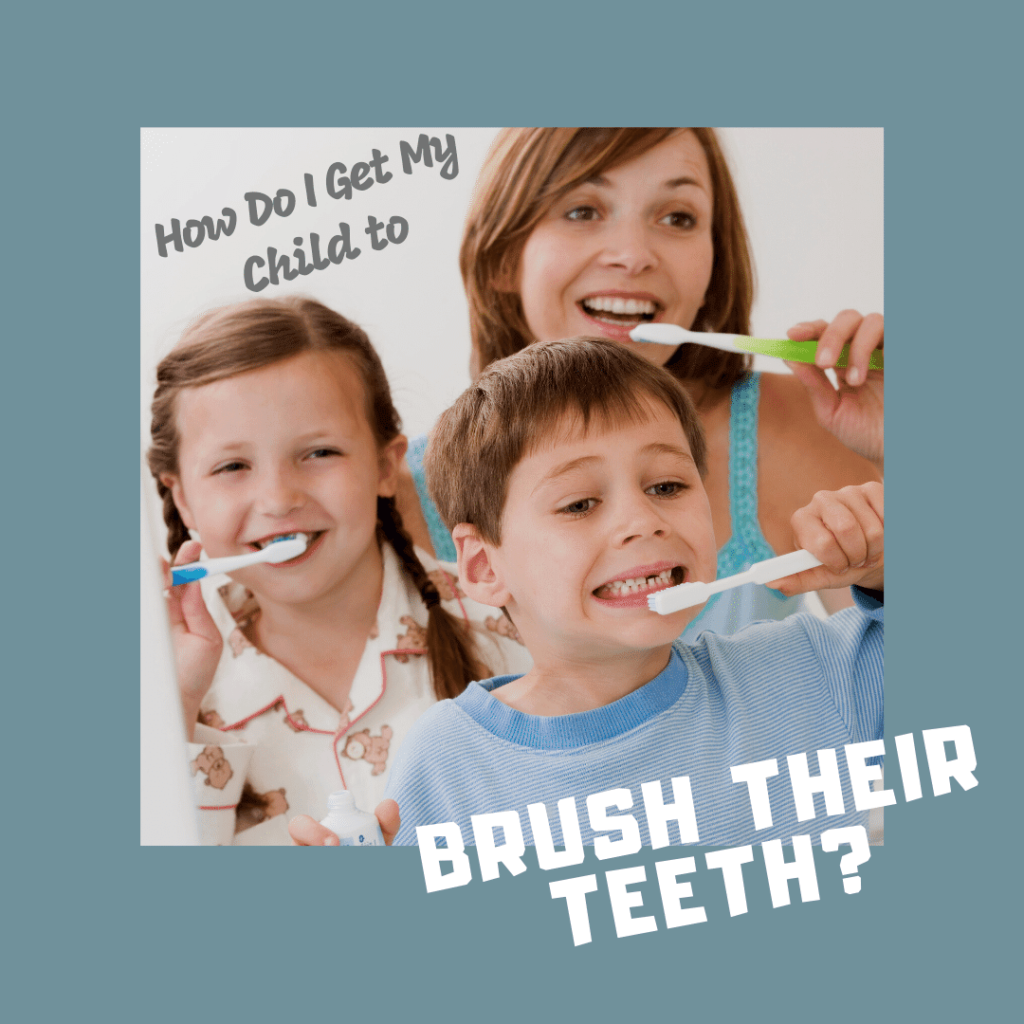Maintaining your child’s oral health is important to ensure the proper development of permanent teeth and to prevent the need for invasive dental procedures. While you may be well aware of this, chances are your child is not concerned with brushing twice a day. After all, they have more important things to do like playing with their favorite toy or annoying their sibling.
As a parent, you may find it difficult to get your child to brush their teeth. When pressed by time in the morning or feeling tired after a long day, it may be tempting to just skip battling with your child over brushing their teeth. Unfortunately, this can eventually lead to the development of cavities that will require dental fillings.
Therefore, we have compiled some strategies you can use to make dental hygiene more enticing to your children. It is our hope that these strategies help decrease their resistance to brush their teeth in order to make your life easier.
Let them pick their toothbrush

Be a role model
When it is time for your children to brush their teeth, brush your teeth along with them. You can make it a game of “Simon Says” and use it as a way to show them the proper way to brush their teeth. Children look to their parents and often try to imitate them at a young age, so this can help them be more likely to brush their teeth.
Have fun with it
Kids love fun and they respond well to situations they deem as fun. Therefore, you should make tooth brushing a fun activity. Fighting with your child is not fun for you or your child, so try not to make it a daily part of the tooth brushing routine. Instead, treat tooth brushing like a game. If you have more than one child, you can have them challenge each other and the winner can earn points to redeem for a prize at a later time. You can also pick a favorite song and play it only for brush time so your child looks forward to it. It may also be helpful to have them watch a two minute video clip while they are brushing. Ultimately, you will have to be creative here.
Be positive
Another large part of making tooth brushing fun is to maintain positivity. This is sometimes easier said than done, but do your best. As a general rule, you should NEVER use scare tactics to motivate your child because this can cause dental anxiety at an early age and can make them less likely to want to brush their teeth. Instead, tooth brushing should be viewed as a positive activity that they enjoy to some extent.
Maintain a routine

Kids also respond well to structure and having a daily routine can make things much easier on both you and your child. Making tooth brushing part of their routine is an easy way to have them complete the activity without questioning or resisting it. In order to make it a routine, you will need to set a disciplined schedule that makes time for them to brush in the morning at night. Then you will need to enforce this routine and do your best to not skip brushings.
As you can see, there are some strategies you can use to make tooth brushing more appealing to your child. It may take some time, however, to figure out which strategy works best for them. If you have tried these strategies and are still having trouble getting your child to brush their teeth, mention this at their next dental appointment. Chances are, your child’s pediatric dentist has a variety of other strategies you can try.

Dr. Leyster is a board-certified pediatric dental specialist. He is recognized as a Diplomate of the American Board of Pediatric Dentistry. He has served as faculty as an Assistant Professor at the University of Southern California School of Dentistry in the Division of Public Health and Pediatric Dentistry. Dr. Leyster belongs to the American Academy of Pediatric Dentistry, American Board of Pediatric Dentistry, California Society of Pediatric Dentistry, California Dental Association, Pacific Northwest Dental Association, and the American Dental Association.






